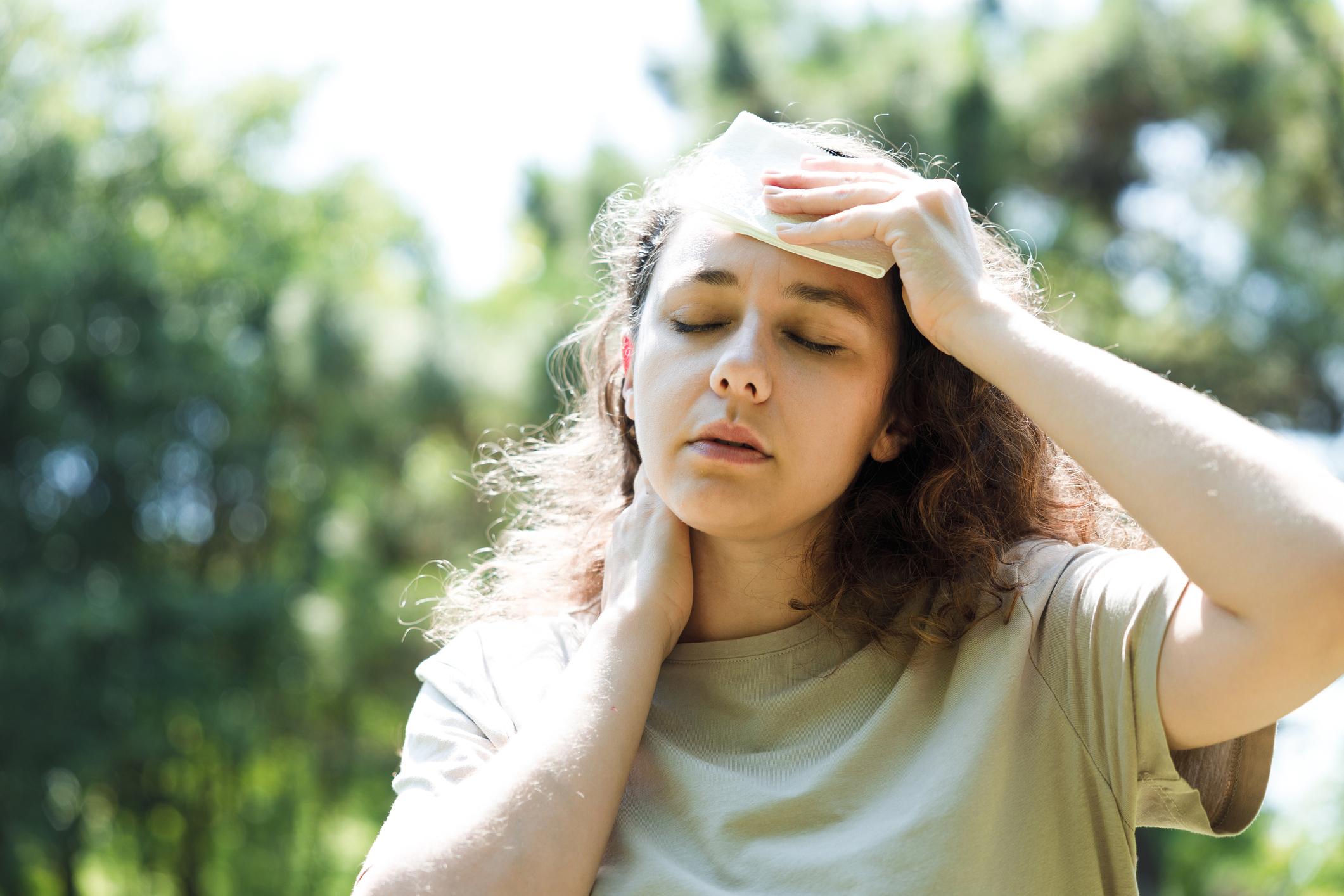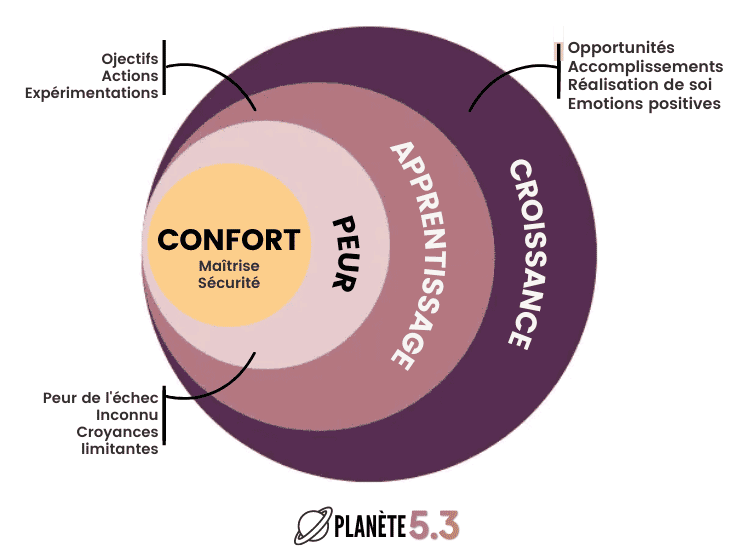An American psychologist has unveiled the six symptoms warning of seasonal depression in summer.

- As in winter, seasonal depression can occur in summer.
- A psychologist has unveiled the six signs that can alert to seasonal disorders during the summer period.
- Individuals affected by seasonal depression in summer would tend to have unhealthy coping behaviors.
The longer evenings, the sun, the walks on the beach… The summer season is generally good for morale. However, extreme heat “has an impact” on mental health, according to Smriti Joshi, a licensed clinical psychologist. Due to high temperatures and climate change, “there is a great sense of helplessness and loss of control, which can trigger deep anxiety”she explained in an interview with the media CNBC’s Make it.
How to identify a summer depression?
As the specialist indicated, the heat can cause heatstroke and dehydration, which can affect mental health. In particular, she described the six signs that can be linked to seasonal disorders in the summer:
- sleep disorders (insomnia, etc.);
- a feeling of tiredness;
- irritability;
- a feeling of frustration;
- an inability to concentrate;
- an increase in stress.
During the summer, Smriti Joshi also spotted a proliferation “cases of road rage”. Another finding of the psychologist: the use of unhealthy coping mechanisms. People affected by these disorders tend to consume illicit substances, have an unbalanced diet or not eat enough during the summer season.
Recommendations for taking care of your mental health in the summer
Certain at-risk populations such as pregnant women or the elderly are more likely to stay indoors during hot weather. This confinement can also lead them to feel very alone.
To prevent seasonal depression in summer, Smriti Joshi revealed ten recommendations to follow:
- stay well hydrated;
- avoid excessive exposure to heat;
- take breaks if working outside;
- use fans to cool down;
- stay in touch with loved ones;
- reduce the consumption of alarming climate information;
- pursuing hobbies;
- take breaks inside your home;
- eat nutritious meals;
- contact a healthcare professional if your mental health deteriorates.

















